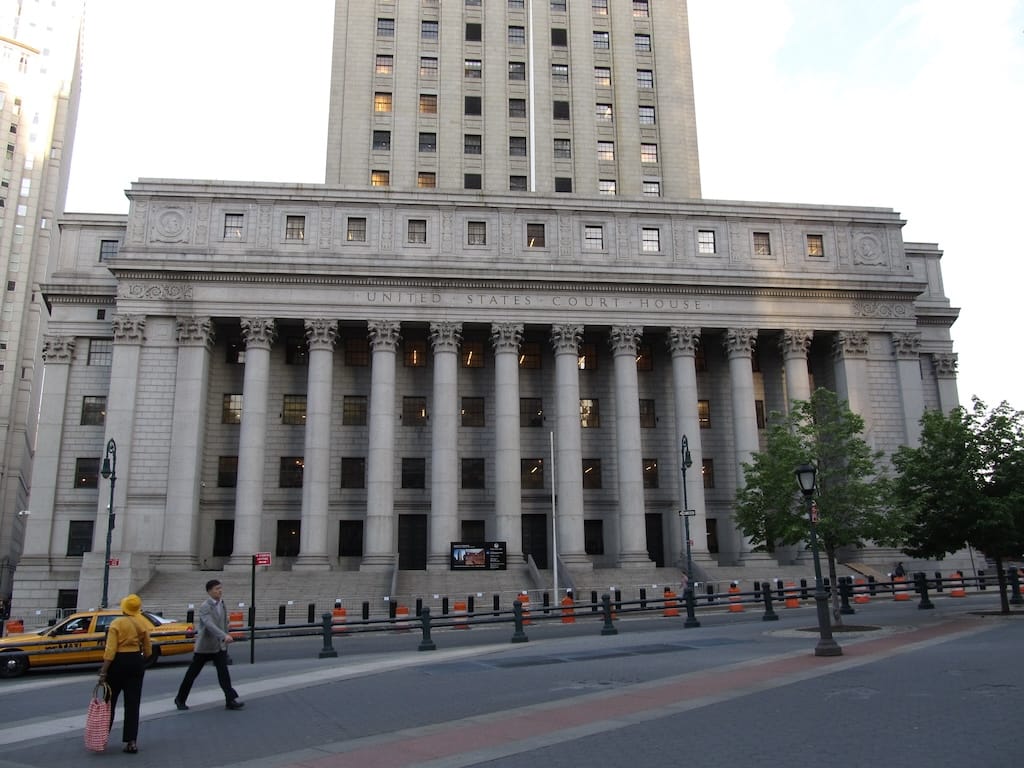Broadband Industry Groups Nearing Agreement Not to Challenge Second Circuit Decision
The court upheld a New York law mandating cheaper plans for low-income subscribers.
Jake Neenan

WASHINGTON, May 30, 2024 – Broadband industry groups and the New York Attorney General’s office are nearing an agreement under which the ISPs will agree not to challenge a recent court decision upholding a state law requiring internet discounts for low-income households.
The parties have “reached tentative agreement on the outline” of a deal in which the trade groups “would agree to forgo filing a petition for rehearing or rehearing en banc in exchange for certain agreements” from the state, court documents show.
The providers asked for an extension of the deadline by which they would have to file such a petition, which the court granted, on the basis that they were nearing the deal. The new deadline is June 7.
It’s not clear what the terms of the agreement might be. Neither the New York State Telecommunications Association nor the New York AG’s office responded to requests for comment.
The U.S. Court of Appeals for the Second Circuit in Manhattan upheld on April 26 a New York law requiring broadband providers to offer low-income households service at $20 per month, or less depending on the download speed. ISPs had challenged the 2021 law on the basis that the state lacked authority to regulate broadband rates.
But that ruling was handed down one day after the Federal Communications Commission reclassified broadband providers as Title II carriers under the Communications Act. The court’s analysis relied on broadband’s status as a Title I service, which gives states more room to set their own rules on things like price caps. Title II gives the FCC broad authority to preempt state rate regulation laws.
In the adopted Title II order, the FCC forbore from several provisions of the statute, including those enabling rate regulation. According to Republican FCC commissioner Brendan Carr and other conservatives, that’s enough to override the New York law.
In an effort to avoid that, Democrats on the commission added language to the order stating “the mere existence of a state affordability program is not rate regulation,” and declined to address any such state program. Consumer advocacy group Public Knowledge had asked commission staff for a similar change to avoid nullifying New York’s Affordable Broadband Act and other laws like it.
It’s not clear that providers would prevail if they moved to have the case reheard, New Street Research analyst Blair Levin wrote in a note to investors, despite the Title II reclassification being a positive sign for them.
Democrats hold a 3-2 majority at the FCC and have generally favored affordability programs that set a price limit for low-income subscribers, such as those in the $42.5 billion BEAD program. They could move to adopt a rule that more explicitly undermines the argument that the Title II order preempts state affordability rules, Levin wrote.
Levin wrote in another May 28 investor note that it’s possible New York could agree to support a future filing in which ISPs would ask for a right to try for a rehearing after the normal 30-day window, in exchange for providers holding off and complying with the law until then.









Member discussion